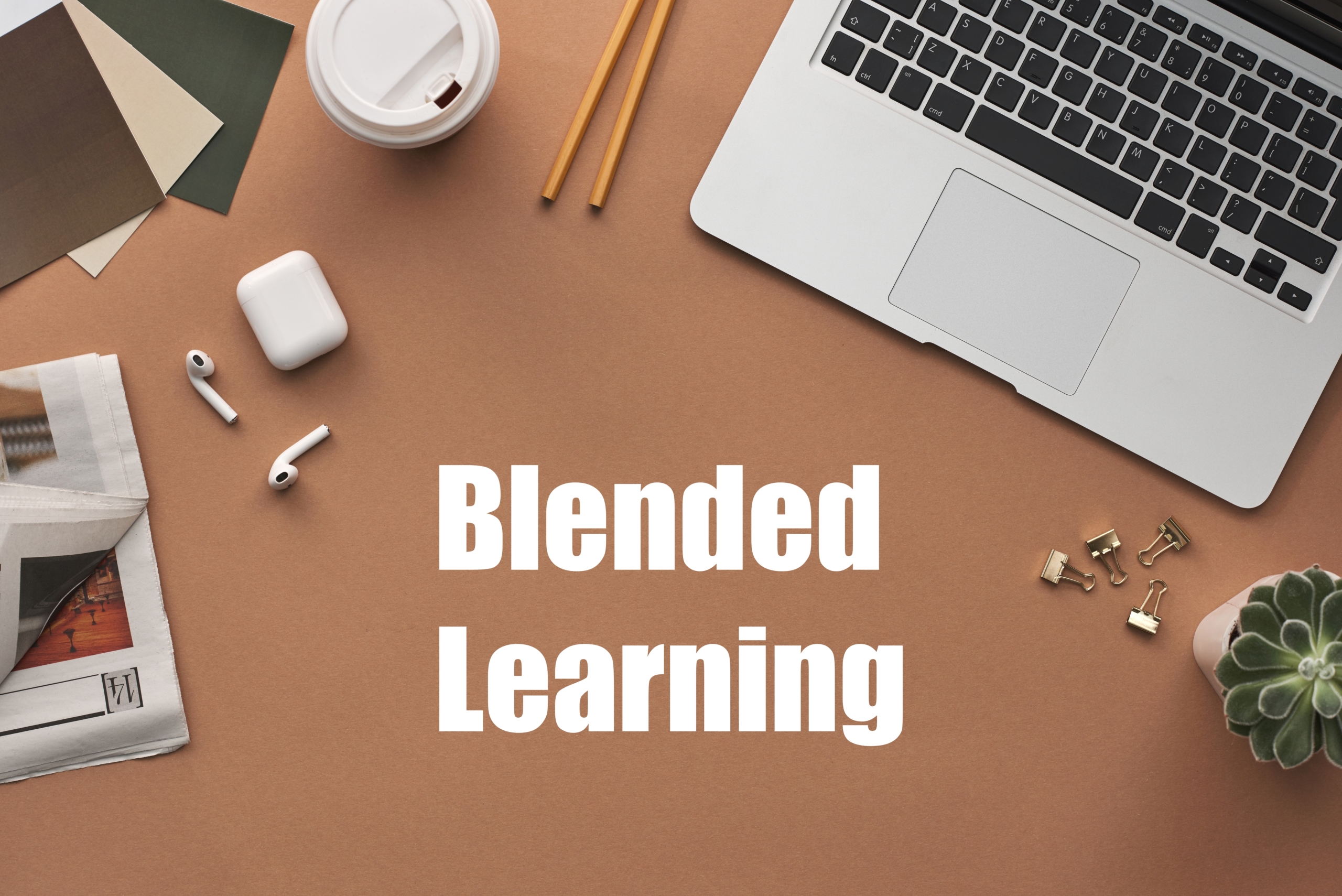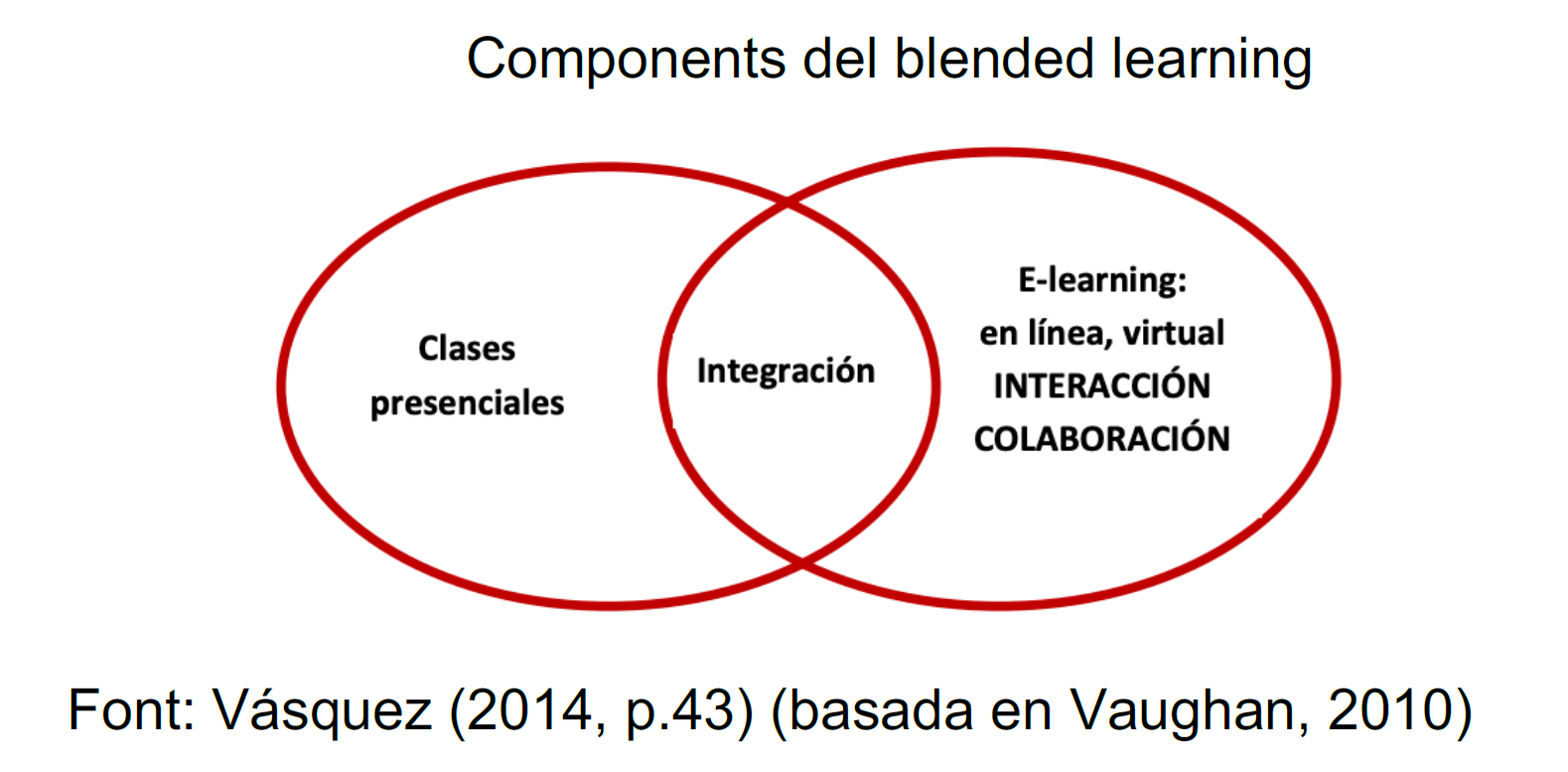Participatory evaluation of the teaching-learning model of blended learning in the official master’s degree in social and educational interventions
This project has been carried out with the funding of:
Summary:
The purpose of the research is to carry out a participatory evaluation of the teaching-learning model of blended learning in the Official Master’s Degree in Social and Educational Interventions (ISE) of the Faculty of Education of the University of Barcelona. This research addresses the need to mitigate the effects the coronavirus crisis has had on student learning in higher education in relation to the decline of face-to-face learning in the classroom. This research involves the evaluation of the teaching-learning model of blended learning through the participation of all the agents involved (teaching staff and students). In this sense, the aim is to provide an innovative response by committing to the change and transformation of the face-to-face teaching model to a hybrid blended learning model, thus experiencing the situation as an opportunity for improvement and growth in teaching.
Objective:
Validating the teaching-learning model of blended learning in the Official Master’s Degree in Social and Educational Interventions of the Faculty of Education of the University of Barcelona to mitigate the effects on student learning in relation to the decrease in face-to-face learning during the coronavirus crisis, thus generating an opportunity for improvement, change and educational transformation.
Methodology
The methodological design to respond to these objectives follows an evaluative research model of a participatory nature from a twofold point of view:
– It is based on a broad concept of evaluation, focusing both on the processes and the reality in which the activities are carried out as well as on their final results or effects.
– It opts for an evaluation model congruent with an orientation towards development and improvement in which the most important objective is not only to demonstrate concrete results but to improve and enhance the quality of the Official Master’s Degree in Social and Educational Interventions with the teaching staff and students involved.
The sample of the proposed research are the subjects that form part of the ISE Master’s syllabus with its students and teaching staff involved; therefore, with a non-probabilistic purposive sampling type.
Phases
Phase 1 – Constitution of the project team (September 2020)
Constitution of the working group and internal commissions. Analysis of the teaching-learning model of blended learning designed in the ISE Master’s Degree.
Phase 2 – Initial evaluation (October 2020)
Characterisation and diagnosis of the blended learning model to determine the expectations of students in the ISE Master’s Degree as well as the experience and level of knowledge in blended learning amongst the students and teaching staff involved.
Phase 3 – Evaluation of the process (November 2020-June 2021)
Analysis of the application of the blended learning model for the improvement of the teaching-learning process and for the transformation of teaching as an opportunity for organisational change, based on a system of indicators that allows the monitoring of the process followed and the formative evaluation of the actions carried out in order to introduce the necessary improvements.
Phase 4 – Evaluation of results (June-October 2021)
Evaluation of the changes that the blended learning teaching-learning model has produced in the students and teaching staff involved in the ISE Master’s Degree; the impact that the application of this model has had on the improvement of the teaching-learning process and on the transformation of teaching and identification of “good practices” to facilitate optimal development for the future application of blended learning in other training contexts.
Phase 5 – Drafting of the final report (November-December 2021)
Final drafting of the research report, identifying “good practices” to facilitate optimal development for future application of blended learning in other training contexts.
Expected results
The results will lead to an improvement in student learning and in the teaching-learning process in general, in the blended learning model that arose from the situation generated by Covid-19. Some of the results are:
- The creation of a transformative teaching/curriculum model that promotes organisational change with educational and economic benefits.
Elements that facilitate the adaptation of a blended learning model for different training formats. - Good practices that contribute to the improvement of the blended learning model for transformative and constantly changing teaching.
- Development of different reliable and valid instruments related to the main constructs in relation to the blended learning model.
Transfer
- Public dissemination is planned for future events such as the CIDUI (International Congress on University Teaching and Innovation) and AIDIPE (XIX International Congress on Educational Research). In addition, participation in international congresses related to educational methodology and technology, as well as in congresses, conferences and seminars related to hybrid teaching-learning models is scheduled. International meetings will also be attended, taking advantage of the connections that the different research groups of which the research team forms part have with different institutions.
- Publication in national and international journals of impact in the field of research and education as well as in multidisciplinary journals is envisaged.
- Specific solutions and innovations in the face of the challenge of improving student learning in the social situation caused by Covid-19: diagnostic reports, protocols for data collection techniques, proposal of indicators and evaluation criteria to systematise the process).
Principal investigator








